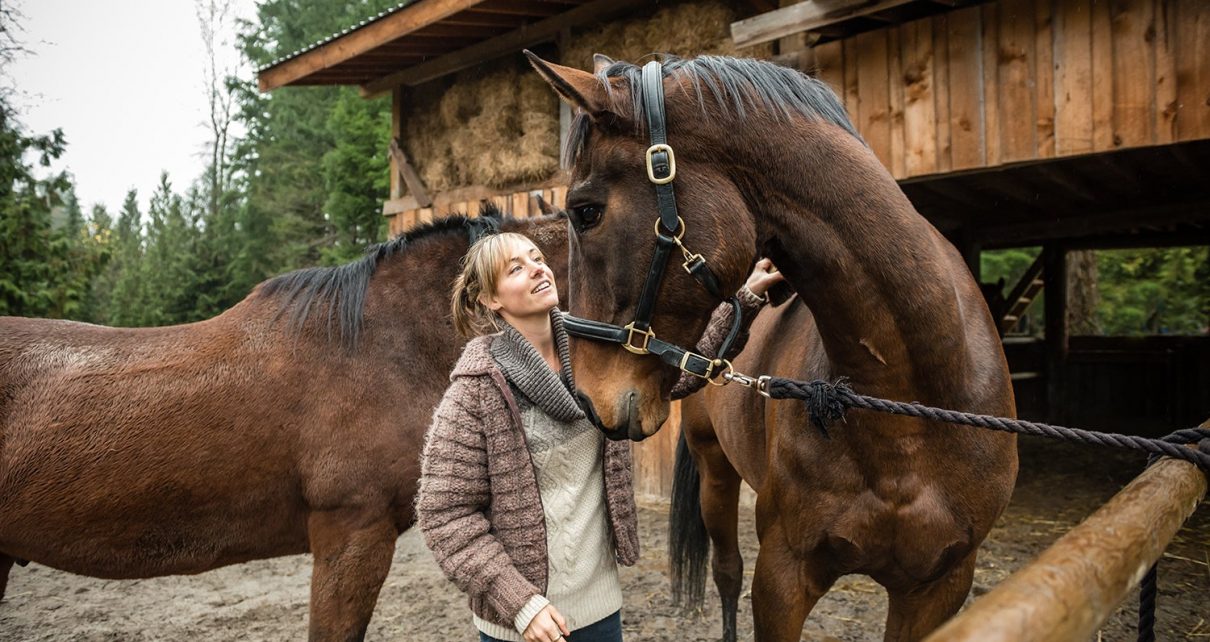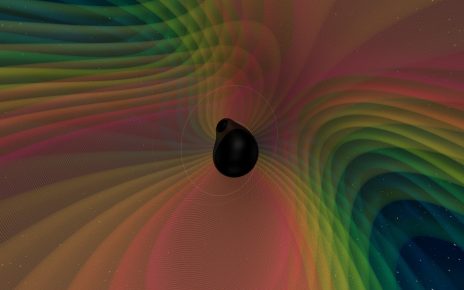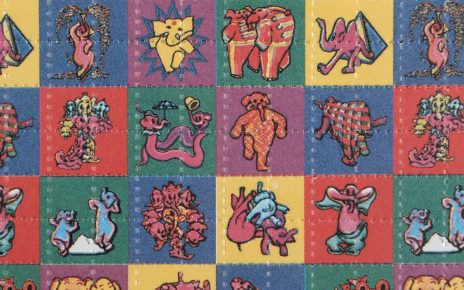We recognize our friends’ faces. And we’re not alone. Many social animals can identify individuals of their own species by their facial features. That’s important, because they need to be able to adjust their behavior depending on who they encounter. And research has shown that some species of monkeys, birds, and domesticated animals can even distinguish among different faces by looking at photographs alone.
Scientists have also wondered whether domesticated animals that have co-existed with people for thousands of years can recognize different human faces. For example, we’ve shared more than 5,000 years of our history with horses. Plus, they can live up to 30 years, and may need to retain a great deal of information about us throughout their lifetimes.
Ethologist Léa Lansade of the French National Research Institute for Agriculture, Food and Environment did an experiment to find out how well horses can recognize individual people in photographs.
She and her team first taught the horses how to “choose” between two side-by-side images by touching their noses to a computer screen. The horses were then shown photos of their current keeper alongside faces of unfamiliar humans. They had never seen photos of any of the people before. The horses correctly identified their current keeper and ignored the stranger’s face about 75% of the time, significantly better than chance.
What’s more, the horses also preferentially picked photos of their previous keeper—a person they hadn’t seen in six months. In fact, even though the horses didn’t get it right every single time, they were at least as accurate in picking out their previous keeper as they were at identifying their current one. The findings are in the journal Scientific Reports. [Léa Lansade, et al., Female horses spontaneously identify a photograph of their keeper, last seen six months previously]
The results suggest that not only can horses differentiate between familiar and unfamiliar human faces, they intuitively understand that photographs are two-dimensional representations of real life, without any other cues such as odor or sound. And they’re even better at this than our oldest animal companion, the domestic dog.
In addition, horses seem to have a robust long-term memory for human faces, consistent with their long lifespan and history of domestication. In future experiments, the researchers would like to test whether looking at photos of people that they have had bad experiences with in the past might cause horses to act anxious or even avoidant. So maybe think twice before doing anything at a stable that might give a horse a long face.
—Susanne Bard
(The above text is a transcript of this podcast)



